It appears that a federal program aimed at assisting low- and moderate income shareholders in Mitchell-Lama and other subsidized co-op properties through a New York State agency is coming back to complicate, rather than simplify, residents’ lives.
The Emergency Rental Assistance Program (ERAP), was part of a large pandemic relief bill passed by the United States Congress and signed into law by President Biden when he took office in 2021. ERAP provided direct payment of arrearages to landlords on behalf of tenants who fell behind on rent as a result of job or income loss due to the pandemic.
Given that co-op shareholders don’t own their units, but rather own shares in the corporation that owns their building and hold a proprietary lease on their units, there was some confusion as to whether co-op residents were eligible for aid under the program. Initially, according to Michelle Quinn, a partner with NYC-based law firm Gallet Dreyer & Berkey LLP, some ERAP payments were approved and made to shareholders in market-rate co-op buildings. Under review, however, it was determined that the spirit of the law was to provide help to struggling families in lower- and middle-income co-ops like Mitchell-Lama properties. There was also a question as to whether maintenance payments to a co-op corporation could be considered rent. The New York State Supreme Court has ruled twice that in fact, maintenance is rent.
Recently though, many Mitchell-Lama co-ops have received notices from ERAP demanding the return of funds distributed to them previously. The New York State agency that administered the program, the Office of Temporary and Disability Assistance (ODTA), has somehow determined, independent of court decisions or guidelines in the original legislation, that low- and middle-income co-ops do not qualify for funds under the program. Perhaps they didn’t get the memo from the New York State Supreme Court, twice.
Conflicting Facts
It should be noted that ERAP stopped accepting new applications for assistance in January 2023, more than one year ago. Today’s confusion stems from old claims that may or may not have been reviewed and resolved. Additionally, the confusion extends to ODTA’s website. Initially - and incorrectly - the program website included information on its FAQs page that co-ops were ineligible for assistance through the program. At some point during the life of the program, that incorrect information was removed. The program was available to co-op shareholders, as maintenance is indeed considered a form of rent. In particular, the federal guidelines for the program encouraged assistance for low-and moderate-income co-op properties.
What to Do
Quinn explains that letters requesting a refund of monies provided under this program to co-op buildings have been sent out to numerous Mitchell-Lama properties. She advises her Mitchell-Lama clients to not respond to these requests at this time. “My belief is that these letters requesting a return of assistance funds were issued before the Albany Supreme Court decisions confirming that maintenance is considered rent,” says Quinn. “If ODTA has taken no further action, they may be listening to the court. If ODTA takes no further action, co-ops also should take no further action.”
It’s important to have this information in circulation as boards and attorneys of Mitchell-Lama properties may not know of the decision and may send the money back as per the letters they have received. If you are a resident or board member of a Mitchell-Lama or other subsidized co-op, and have received a repayment letter, contact your legal counsel to be sure - but for now, it does appear that no action - or repayment - is needed, because the Supreme Court of New York State has ruled otherwise.



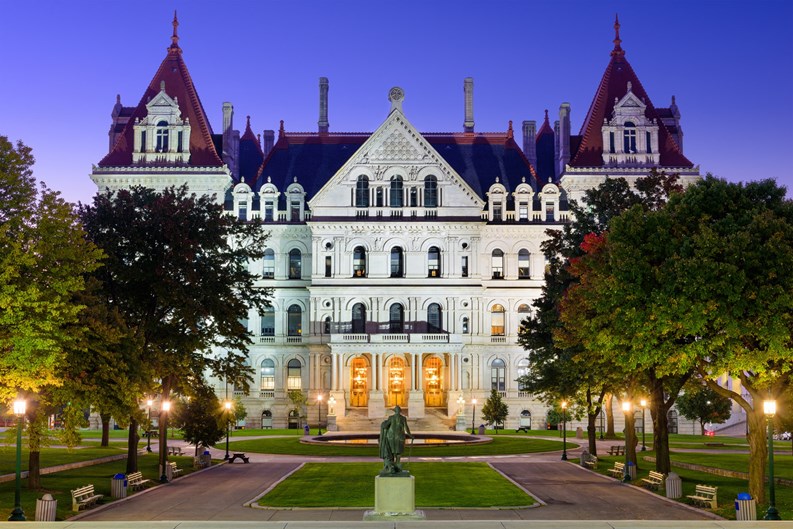
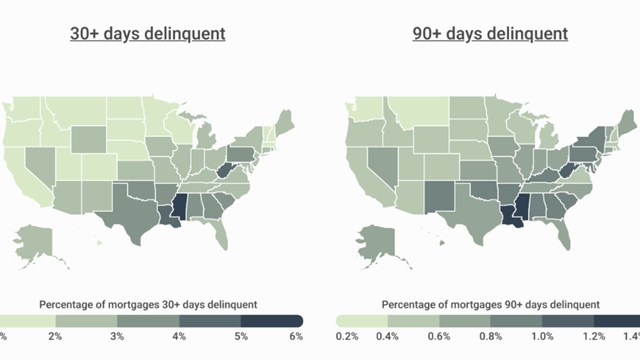
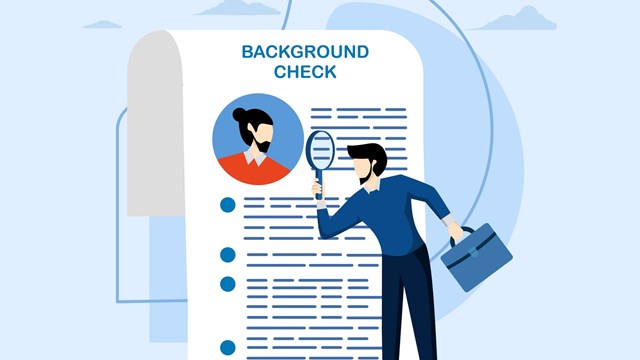

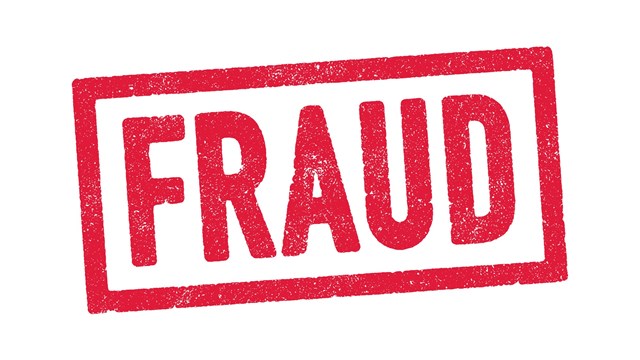
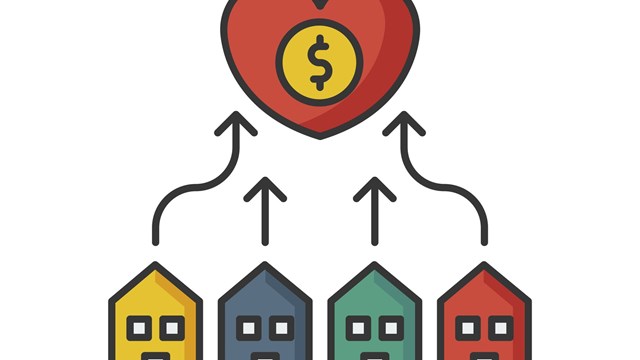
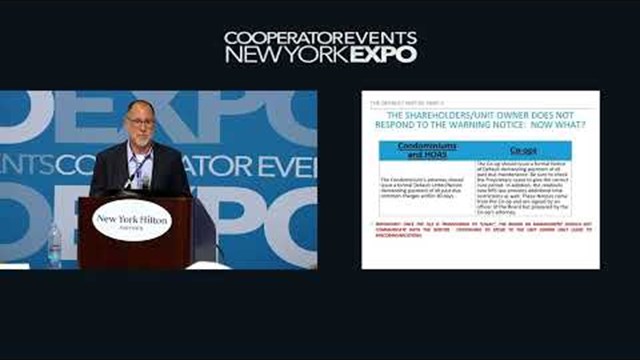
Leave a Comment